Building Competitive Advantage Mindset @ a Global Pharmaceutical Leader
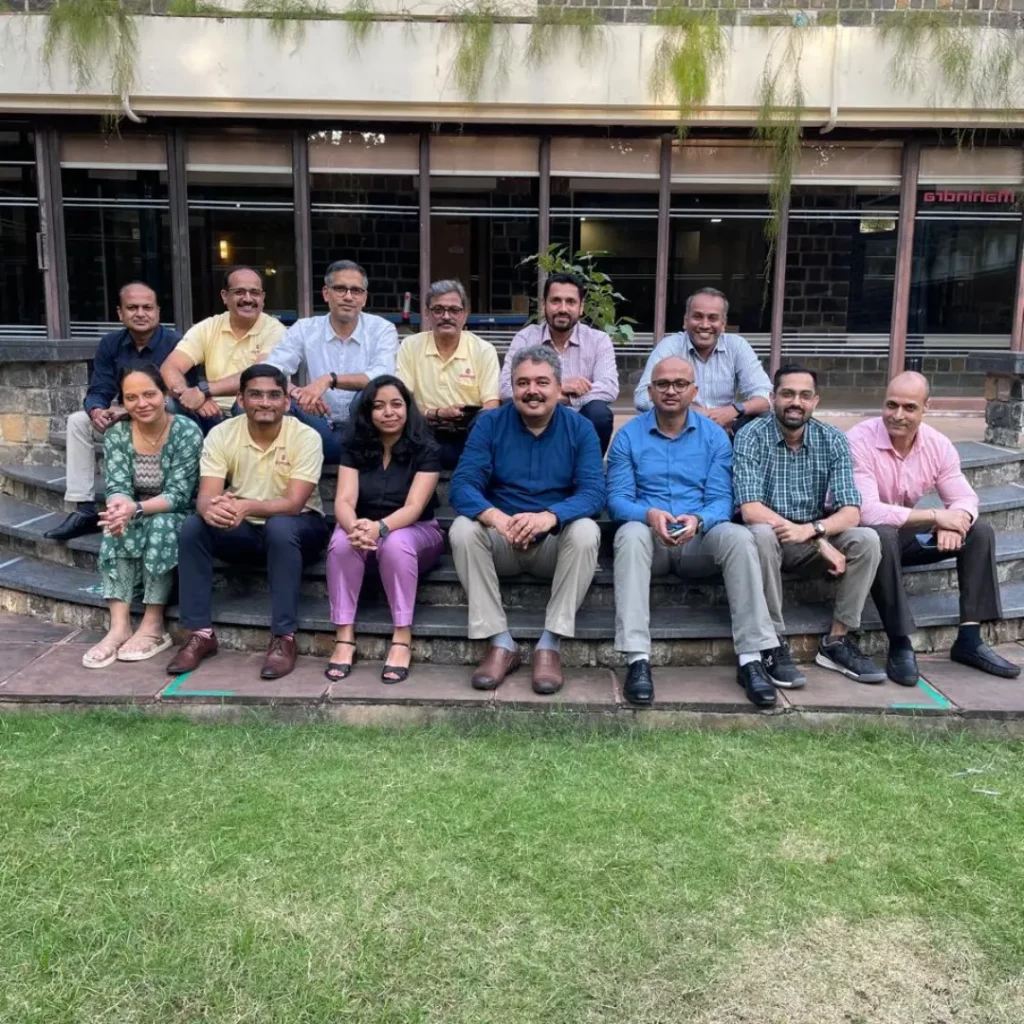
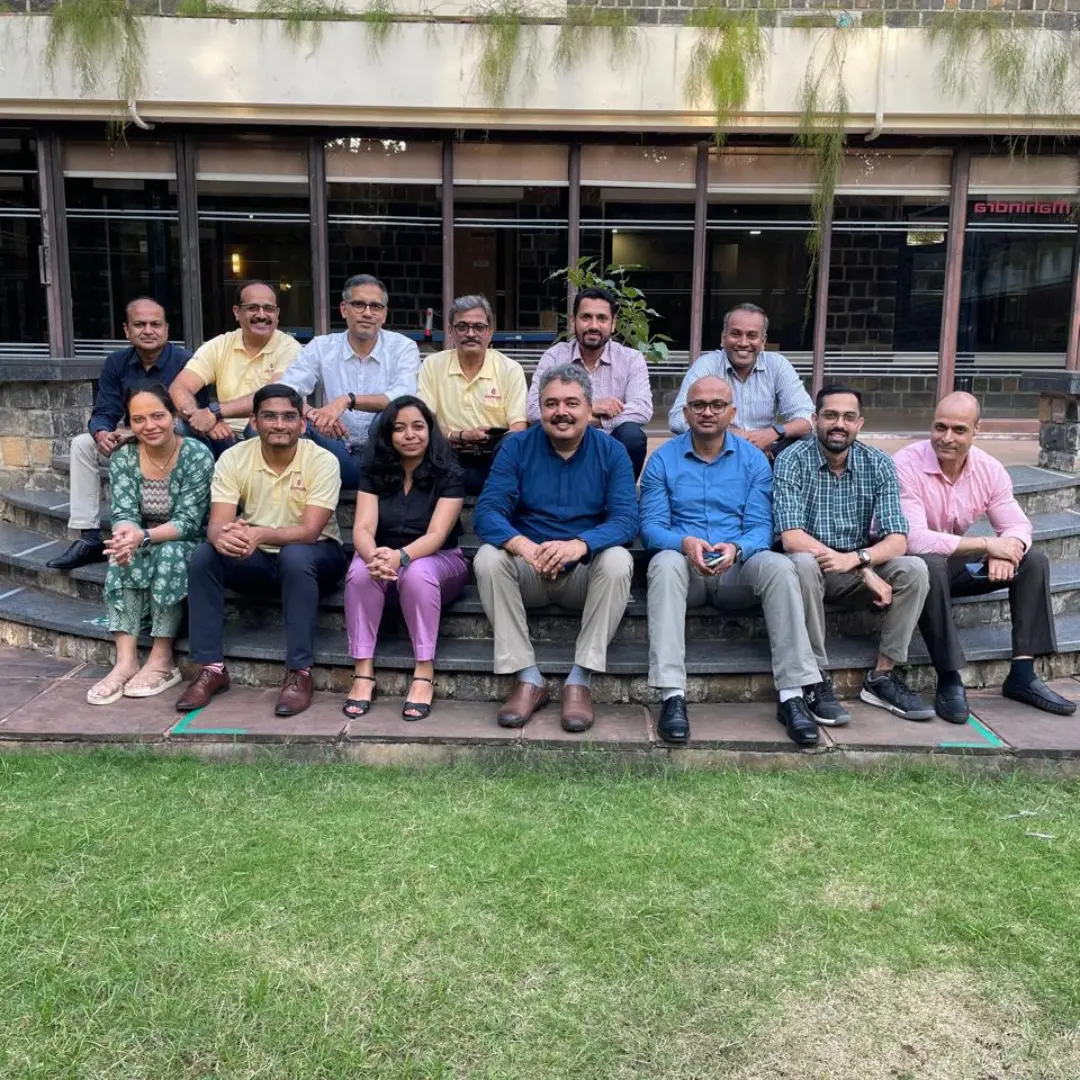
Program
Overview
In pharmaceutical leadership, scientific expertise alone no longer guarantees career progression or organizational impact. Mid-level managers face increasingly complex challenges that require strategic thinking, financial acumen, and the ability to see how business decisions ripple through organizations and markets. Yet many technically brilliant managers struggle to make this transition because they’ve never been equipped with the business frameworks and strategic mindset needed to operate at higher organizational levels.
A leading pharmaceutical company recognized this critical capability gap and launched the GOLD program to transform their mid-level managers into future-ready strategic leaders. The organization needed managers who could think beyond their functional silos, understand financial implications of their decisions, analyze competitive dynamics, and apply structured problem-solving to ambiguous business challenges. This comprehensive blended journey combined intensive in-person workshops with focused digital learning and real-world application projects, ensuring participants developed both conceptual understanding and practical capability in strategic business leadership.
3-Month
Journey
30+
Participants
Mid-Level
Managers
Blended
Mode
Key Themes
Covered
1. Strategic Thinking & Business Strategy
Participants explored what strategy truly means in pharmaceutical contexts, moving beyond buzzwords to understand strategic thinking as a disciplined approach to making choices. Through structured frameworks and real-world cases, managers developed the ability to think beyond operational execution, understand competitive positioning, and grasp how business strategy translates into functional implications that drive organizational success.
2. Financial Acumen & Value Creation
The program demystified finance for non-financial managers, teaching them to understand financial statements, recognize value drivers, and make decisions with clear understanding of financial implications. Participants learned to speak finance as the language of business, enabling them to contribute meaningfully to discussions about investment priorities, resource allocation, and the economic logic behind strategic choices.
3. Competitive Advantage & Market Positioning
Leaders explored how organizations build and sustain competitive advantage in dynamic pharmaceutical markets, learning to analyze competitive dynamics, identify differentiation opportunities, and understand what creates defensible market positions. This theme helped participants think critically about how their functional decisions either strengthen or weaken the organization’s competitive position over time.
4. Structured Problem Solving & Analytical Thinking
Managers mastered systematic approaches to complex problem-solving, learning to break down ambiguous challenges using proven frameworks and analytical methods. The focus included critical thinking, analytical rigor, and structured problem-solving techniques that could be applied immediately to real business challenges, moving participants from intuitive decision-making to disciplined analysis.
5. Business Models & Systems Thinking
The program concluded with deep exploration of business model design and systems thinking, helping participants understand how various business elements interconnect to create value. Leaders learned to see beyond linear cause-and-effect to understand interdependencies, feedback loops, and how decisions in one area ripple through the entire pharmaceutical value chain.
Looking to build a customized leadership journey? We're here to help!
- Tailored Corporate Leadership Programs
- Outcome-Oriented Learning
- Gamified Assessments & Experiential Engagements













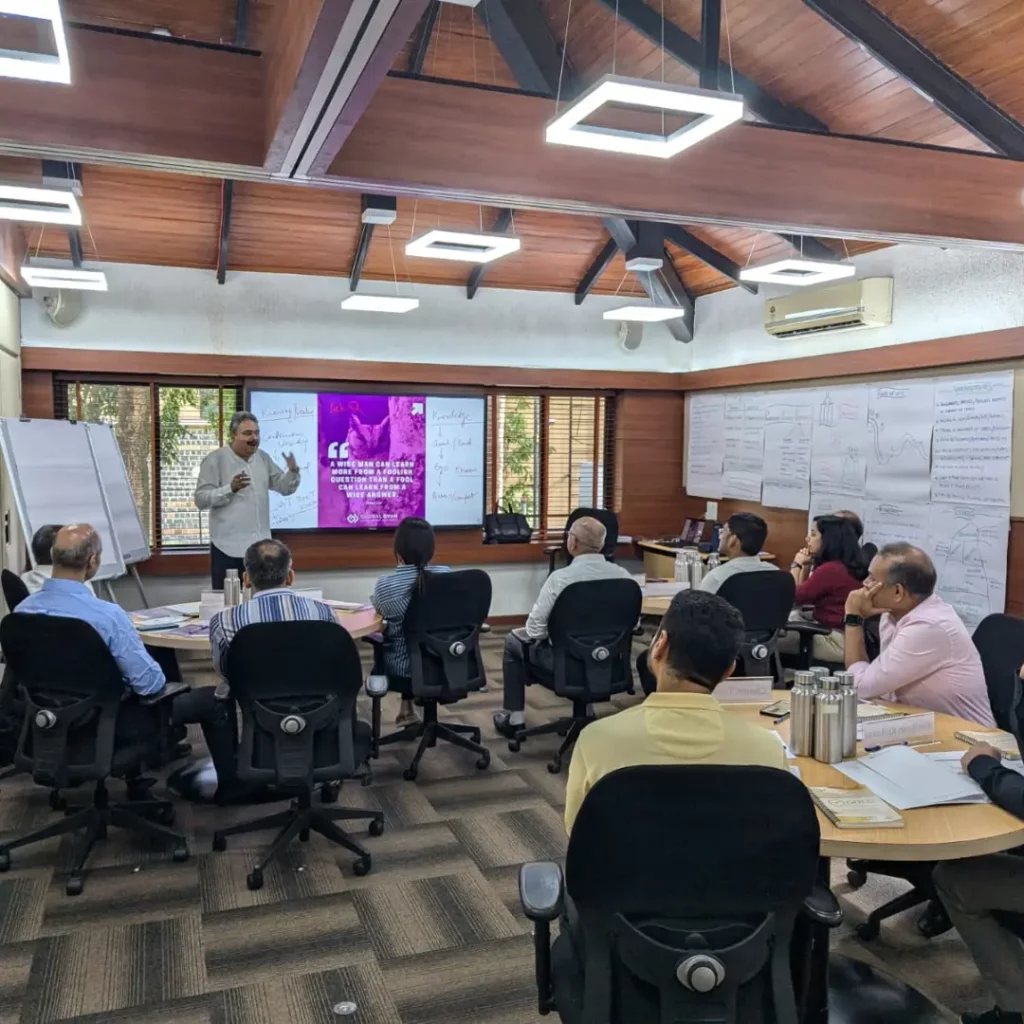
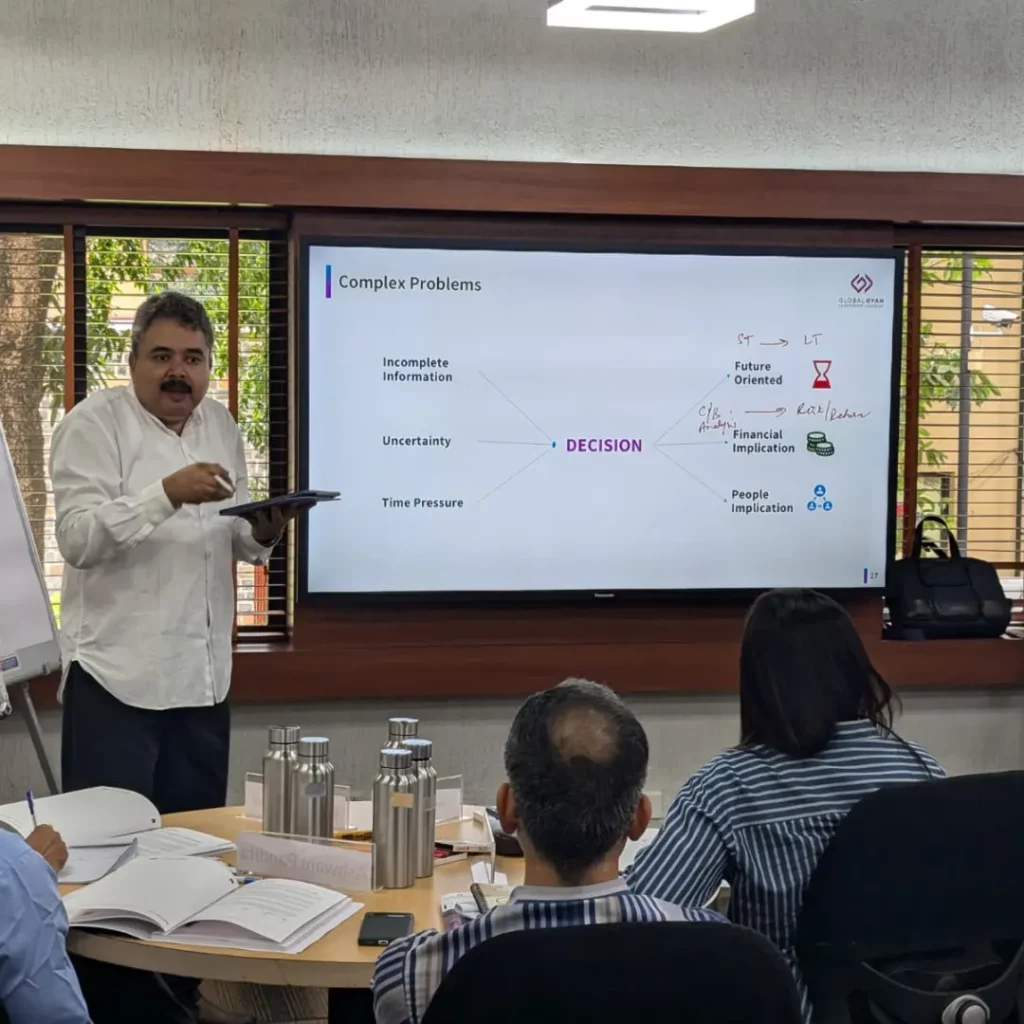
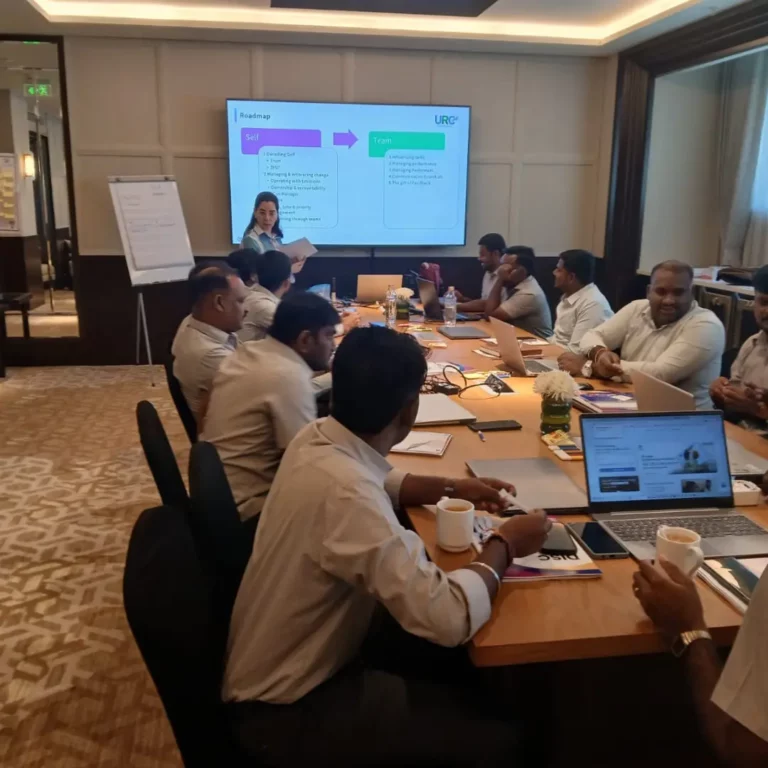
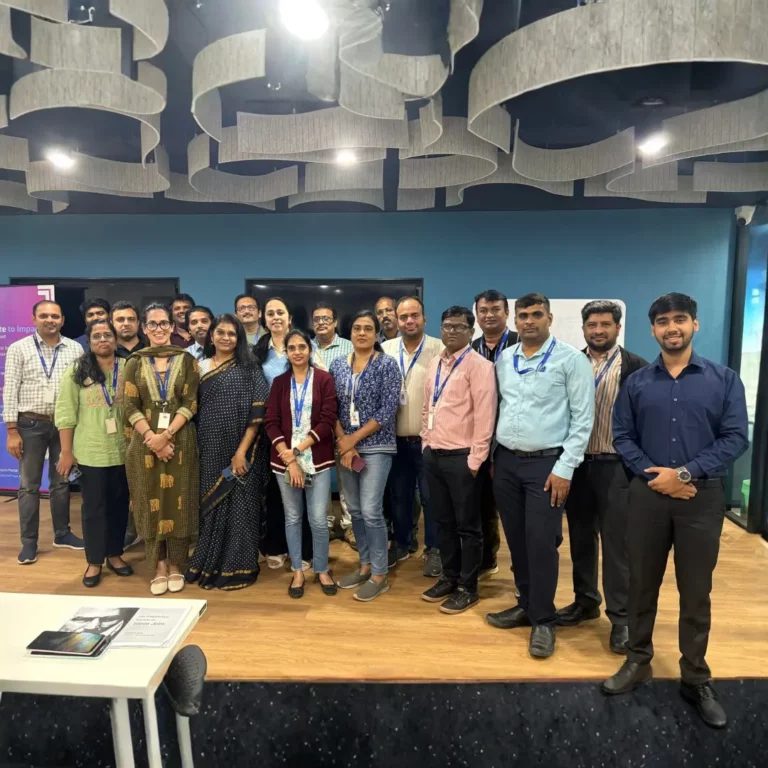
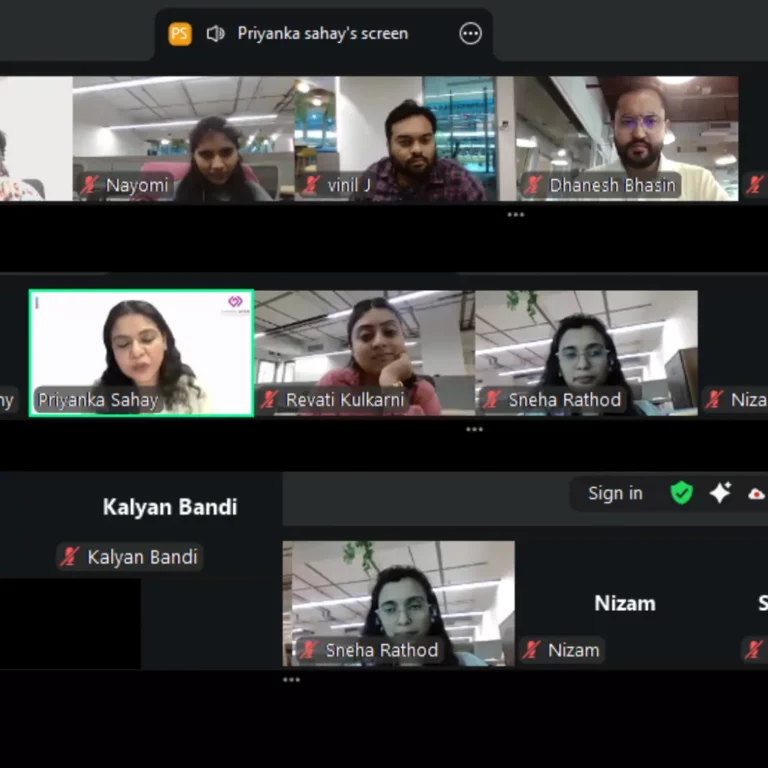

Responses